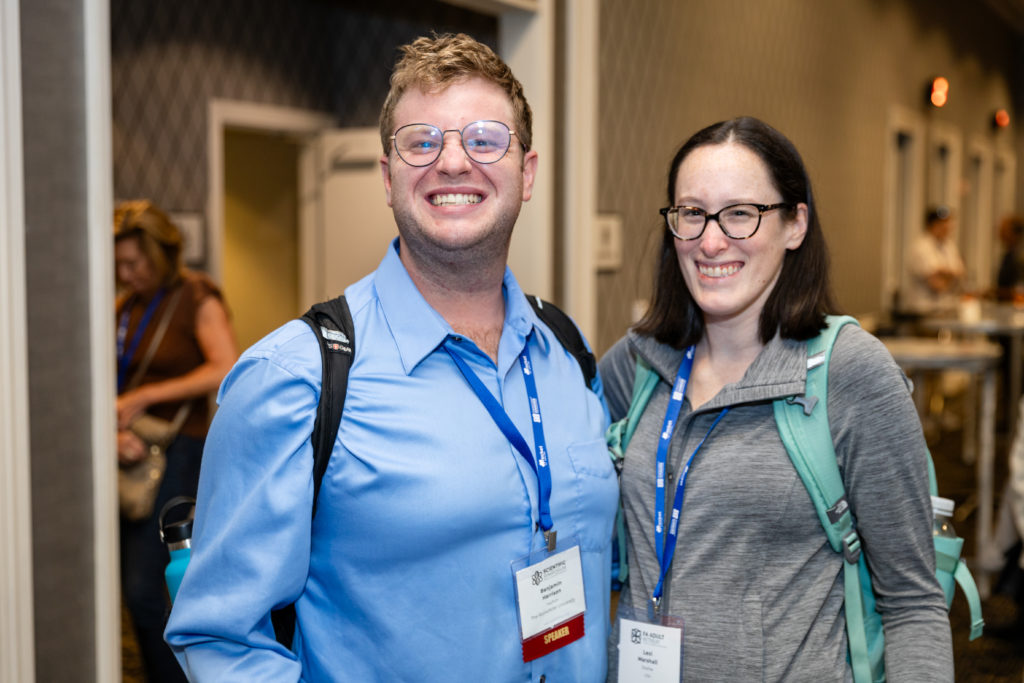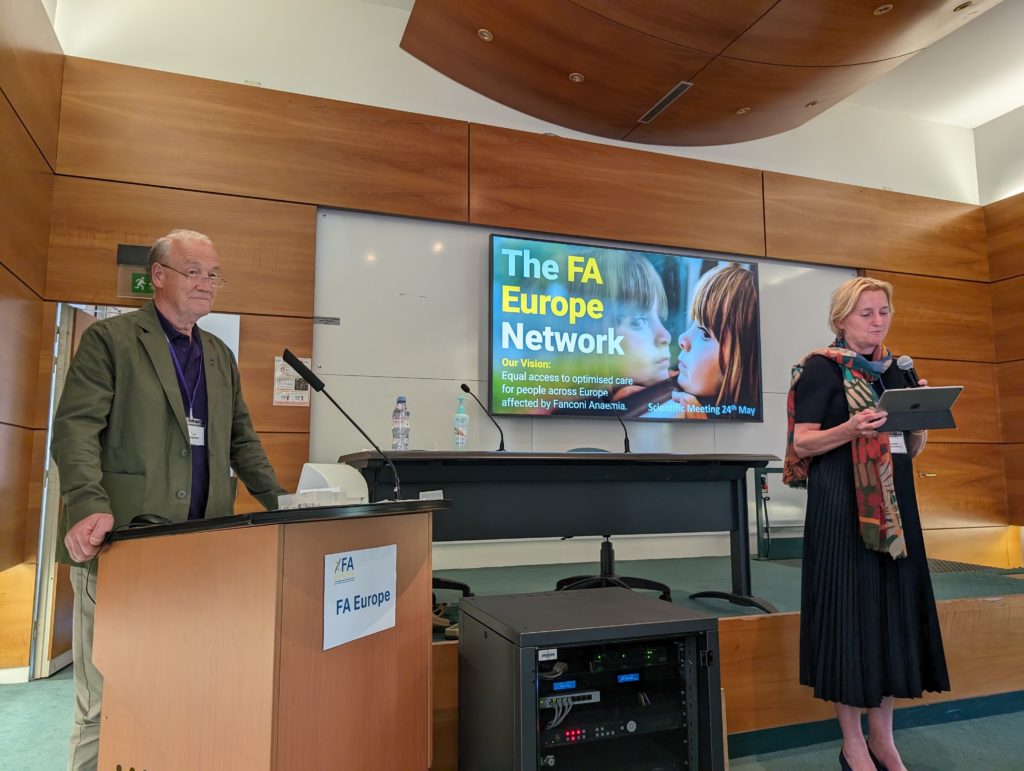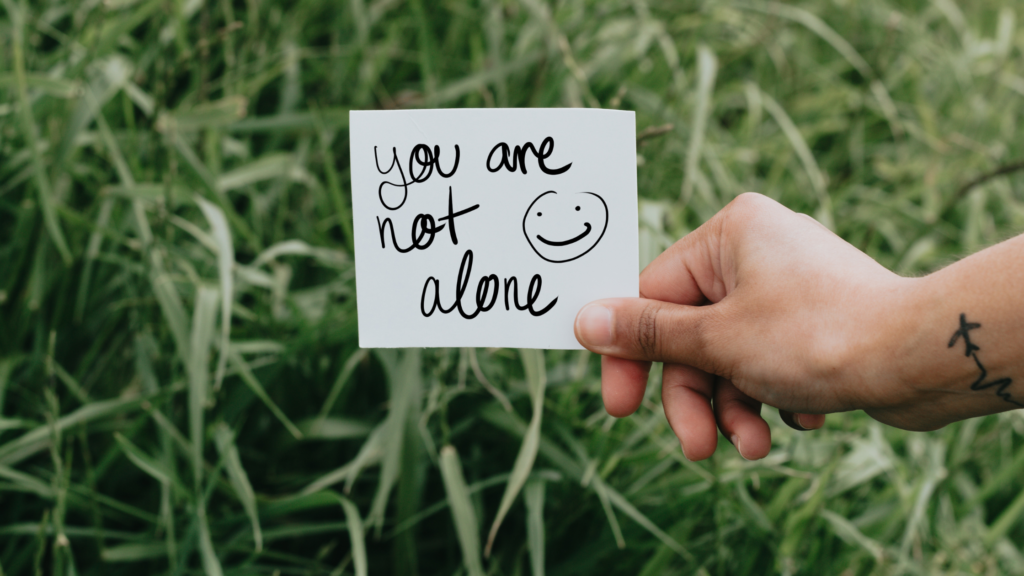Everything we do at the Fanconi Cancer Foundation (FCF) starts with the individual, because understanding the lived experience of FA is essential to improving care, advancing research, and strengthening support. As gene therapy and other promising treatments move from clinical trials into the lives of individuals with FA, it’s essential to understand not just how these therapies may extend life, but how they might improve it.
That’s why Rocket Pharmaceuticals, Inc. (Rocket Pharma) partnered with FCF, IQVIA, patient and caregiver advocates, and psychosocial researchers to conduct this qualitative study. Together, they spoke with 25 families, including children and teens (ages 8–17), adults with FA (18 and older), and parents caring for children of all ages.
These in-depth interviews offer a closer look at how FA affects daily life—not just physically, but emotionally, socially, and financially. The stories families shared highlight what support looks like now, what’s missing, and what matters most as individuals with FA grow and navigate new stages of life.
WHAT WE HEARD FROM CAREGIVERS AND INDIVIDUALS WITH FA
Families described a wide range of challenges, some of which were deeply difficult. Families also described positive impacts related to navigating FA, such as strengthened family and community connections and shifts in their personal values. Several key themes emerged:
1. Daily Symptoms and Constant Uncertainty
From fatigue and pain to skin and limb differences, many shared how FA symptoms interfered with their quality of life. Some also described the ongoing worry that even when things seemed stable, something worse might be coming. The uncertainty that comes with increased cancer risk was a theme shared by people with FA and their caregivers alike.
“I was born without a thumb… when I was [about 1 year old], they moved [my index finger] to function as a thumb… it’s a lot weaker than my other hand. Like it’s hard for me to lift things… it’s kinda difficult to manipulate things… I was right-handed, but after the surgery I kind of ended up becoming a left-handed person.”
—Adult with FA
“I feel like every day I’m monitoring how I feel. I examine my mouth, look for any lesions or anything abnormal on my skin. It’s a constant thought of oh, I feel slightly under the weather. I wonder if I’m getting sick… I wonder if [the transplant] failed. I wonder if I got GvHD and then it ends up in a spiral… And then being married now, I have somebody else to worry about. I’m terrified that I’m gonna die before her. I’m terrified that if we have kids that I’m gonna leave them without a father.”
—Adult with FA
“I’ve already got it in my mind that we’re gonna get some other cancer, ‘cause I don’t see how we make it through without, just ‘cause, you know, in the small statistics that they have about it, I mean—bone marrow transplant is usually just the beginning. Whether it’s a tumor that needs to be removed or, you know, leukemia or whatever it is, it just—impending doom, is the feeling.”
—Parental caregiver of a child with FA
2. Emotional and Social Isolation
Families frequently described feeling isolated, especially around bone marrow transplantation. Notably, they experienced profound impacts on their emotional well-being such as feelings of anxiety, anger, sadness, grief, frustration, and feeling different from others unaffected by FA. Even when medical issues improved, emotional strain often remained for both the individual and their caregivers.
“There’s a lot of almost like anger at not being able to be normal… mortality is a little bit different than what everybody else’s and just kind of wrapping your head around that. I see a therapist to be able to kind of help with the anxiety.”
—Adult with FA
“I’ve gotten a lot of people looking at me saying, ‘Well, he doesn’t look sick, um, so there’s nothing wrong.’ Other family who have walked away from us have said, ‘Well, he had his transplant, so he’s cured and everything’s okay now.’ And they all look at you weird when you say, ‘No, that’s not the way it is—that’s not life’… It comes from the inside and just because you can’t physically see it on some of ‘em doesn’t mean their life is all healed and better. They’re fighting something deeper on the inside too.”
—Parental caregiver of an adult with FA
“It affects relationships. Most people want kids, and if I go say, “I can’t have kids,” then my relationship with that person’s usually pretty done.”
—Adult with FA
3. Logistical and Financial Burdens
Receiving FA care often required families to make difficult decisions like relocating or leaving their jobs. These choices came at a cost to employment, finances, and family routines.
“The closest hospital was 5.5 hours away. I had 5 other kids… I was told that [my child] may not make it through transplant, and I knew he needed his brothers and sisters with us, so I made the decision to move us all down to [a different city] during transplant to be with [my child]. We lived down there for about 6 months. So, it was very stressful. I couldn’t work.”
—Parental caregiver of an adult with FA
4. The Power of Community Support
In the midst of challenges, many caregivers pointed to the value of community—especially through FCF and the FA Family and Adult Retreats. These programs helped families find expert answers, meaningful connections, and moments of hope.
“We could go to camp with all the other FA parents and kids. And you really get a feeling of community… When you’re in this situation, it’s a situation [you] didn’t choose. You can’t control [it]. You don’t know enough. And this camp would have doctors from all over different [specialties]… they’d teach you stuff. And then the kids could go out and be with the kids that are like them. And so, that would be, like, the most important, positive experience for me.”
—Parental caregiver of an adult with FA
WHY THIS MATTERS
This study shows something everyone in the FA community knows to be true: that FA affects far more than the body. It impacts relationships, finances, emotions, and long-term quality of life. It also reinforces the need for additional support services at every age and stage for patients and their caregivers, not just before or during a transplant.
Importantly, the voices in this study highlight the central role of parental caregivers and point to a gap in understanding the unique needs of partners and spouses of adults with FA.
WHAT’S NEXT
This study is already helping to inform conversations across the FA community, and we’re committed to continuing that momentum.
We recognize the need to develop additional targeted psychosocial support for children and adults living with FA and their family caregivers. Learning more about the specific quality of life and mental health challenges these individuals, caregivers, and families face is the first step in developing meaningful interventions to mitigate the risk of reduced quality of life and to enhance overall wellbeing. This study has added to the growing body of research that will support the development of additional psychosocial support for the community.
The findings will be shared more widely with researchers, clinicians, and advocates during the psychosocial research session at the upcoming FA Symposium.
We would like to extend gratitude to the FA advocates whose lived experiences and expertise guided the development of this study. We also thank every individual, caregiver, and family who shared their experiences. Your voices will continue to shape future research, services, and collaborations across the FA community and beyond.




